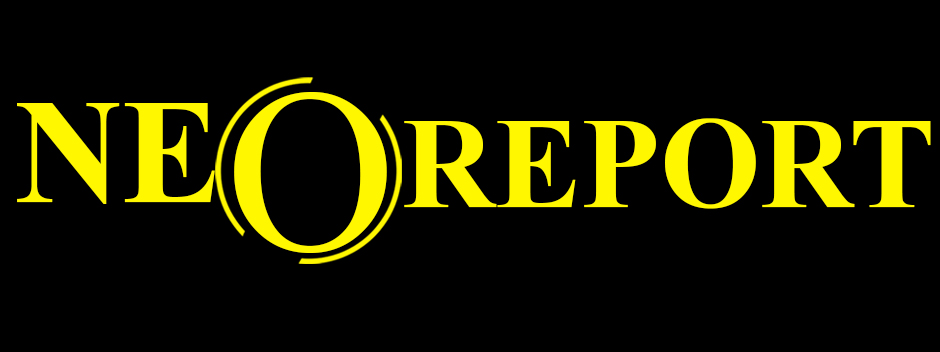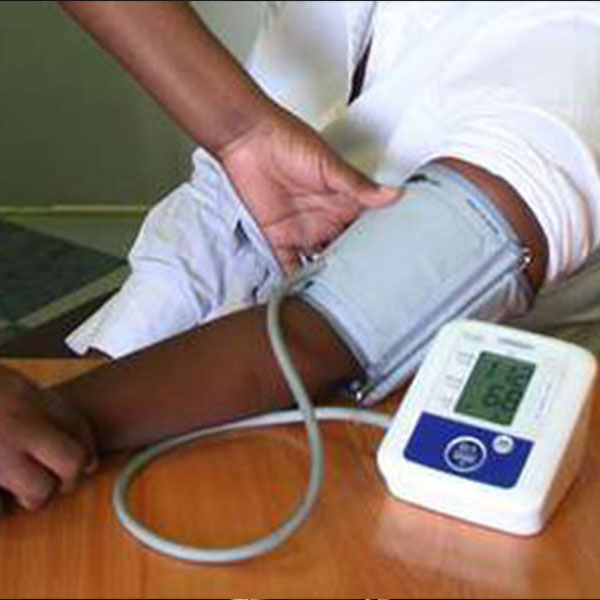Hypertension is no longer a distant health concern—it is a global emergency and a growing crisis here in Ghana. According to the World Health Organisation’s 2024 Global Hypertension Report, 1.4 billion people worldwide live with hypertension, yet only one in five have it under control. Every hour, over 1,000 lives are lost to heart attacks and strokes caused by uncontrolled blood pressure—most of them preventable.
In Ghana, the situation is equally alarming. The Ghana STEPS Report (2023) revealed that 3.7 million adults live with hypertension, with many unaware of their condition until it is too late. Worse still, prevalence is no longer confined to cities—it is rising fast in rural communities, driven by lifestyle changes and limited healthcare access.
The consequences are dire. Hypertension is a leading cause of heart failure, stroke, kidney disease, and premature death. According to data presented at the NHIA–KOFIH forum (2025), hypertension alone accounts for 30.34% of deaths in Ghana, while combined with diabetes, these two conditions consume more than 10% of NHIS claims expenditure. Left unchecked, this will overwhelm households, communities, and our national health system.
The Challenges We Face
-
Low awareness & late diagnosis: Many Ghanaians do not know they are hypertensive until complications occur.
-
Poor treatment adherence: Some patients stop medication when they feel better, while others rely on unverified remedies.
-
Health system barriers: Shortages of essential medicines, limited provider training, and weak coordination hinder effective management.
-
Cost burden: Out-of-pocket expenses for drugs and monitoring remain high, especially for uninsured patients.
-
Policy gaps: Preventive care and community screening are not yet fully integrated into universal health coverage.
The Way Forward
The good news is that hypertension is preventable, treatable, and controllable. Countries like Bangladesh, the Philippines, and South Korea have proven that progress is possible with political will and targeted reforms. Ghana must urgently scale up action through:
-
Community-based interventions: Expand projects like ComHIP, using community health workers, chemical sellers, and mobile technology to screen and support patients.
-
Affordable medicines: Ensure consistent availability of WHO-recommended drugs at all primary care facilities, backed by stronger supply chains.
-
Policy integration: Embed hypertension care into NHIS coverage, prioritising prevention and routine screening.
-
Capacity building: Train more frontline health workers, including physician assistants, in standardised treatment protocols.
-
Public education: Intensify campaigns through schools, churches, mosques, and media to dispel myths and encourage lifestyle changes.
-
Data and monitoring: Strengthen EMRs and community registries to track patient outcomes and progress at the national level.
A Call to Action
We cannot afford to wait. Hypertension is silently claiming lives, draining family incomes, and threatening our nation’s development. But together—with stronger partnerships, better education, affordable medicines, and community-driven action—we can change the narrative.
Let us stand united to declare: Hypertension is preventable. Hypertension is treatable. Hypertension control is possible.
The time to act is now—for our families, for our communities, and for the future of Ghana.





